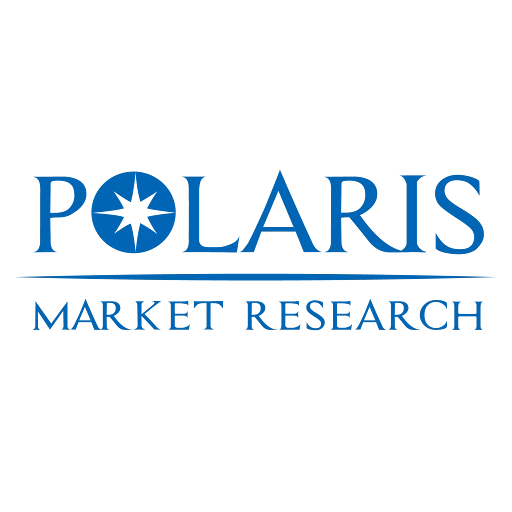The global probiotics market was valued at USD 101.12 billion in 2024 and is expected to grow at a CAGR of 14.5% during the forecast period, reflecting heightened consumer awareness of gut health, expanding clinical validation, and robust product innovation. Yet this growth is unevenly distributed across regions, shaped by divergent regulatory regimes, dietary cultures, and industrial capabilities. North America remains the largest revenue-generating region, accounting for over 35% of global sales in 2024, driven by high per capita supplement consumption, a mature functional food sector, and FDA’s qualified health claims framework that permits limited probiotic labeling—such as “supports digestive health”—without full drug approval. The U.S. also leads in clinical substantiation, with NIH-funded studies reinforcing strain-specific efficacy, which in turn fuels premium pricing and brand trust.
In contrast, Europe exhibits strong but fragmented demand: while Germany and France show high adoption in dairy-based probiotics, stringent EFSA regulations have blocked most health claims since 2012, forcing manufacturers to pivot toward general wellness messaging and invest in proprietary delivery technologies like microencapsulation to differentiate products.
Asia Pacific, however, is the fastest-growing region, projected to exceed 16% CAGR through 2034, propelled by Japan’s legacy in fermented foods (e.g., Yakult’s decades-long market presence), South Korea’s K-beauty–linked probiotic skincare boom, and China’s surging middle-class demand for immunity-boosting supplements post-pandemic. China’s regulatory environment has evolved significantly, with the National Medical Products Administration (NMPA) now permitting certain probiotic strains in “blue hat”–certified health foods, enabling domestic players like By-Health to scale rapidly.
Read More @ https://www.polarismarketresearch.com/industry-analysis/probiotics-market
Nevertheless, geopolitical tensions and export controls on key raw materials—such as specialized culture media and cryoprotectants—have strained cross-border supply chains, prompting multinationals to localize fermentation and lyophilization capacity in India, Thailand, and Mexico. These shifts are reshaping market penetration strategies, with global brands forming JVs with regional dairy cooperatives or e-commerce platforms to navigate cultural preferences and distribution complexities. Regional manufacturing trends increasingly favor modular, GMP-compliant facilities capable of multi-strain production, underscoring the need for agility in a market where consumer expectations and regulatory thresholds vary dramatically by geography. Leading companies with substantial global market hold include:
- DuPont de Nemours, Inc.
- Chr. Hansen A/S
- Kerry Group plc
- Lallemand Inc.
- Nestlé S.A.
More Trending Latest Reports By Polaris Market Research:
Micro Combined Heat and Power Market
Industrial IGBT Power Device Market
Portable Ultrasound Devices Market




